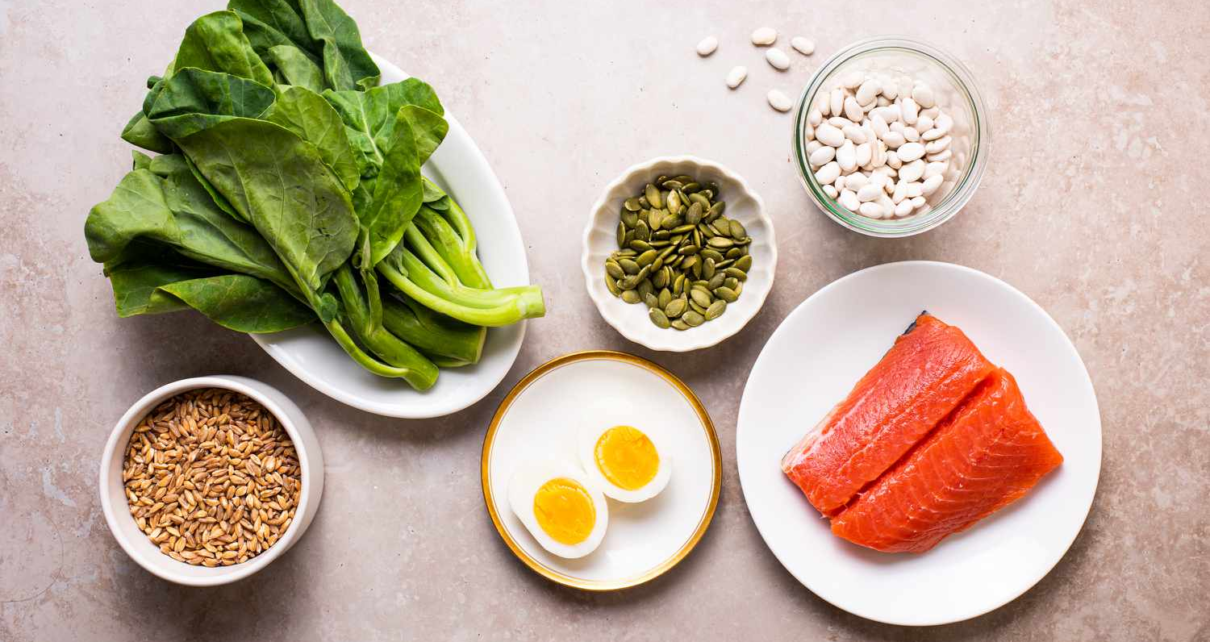Achieving a harmonious blend of nutrition that supports both health and fitness goals is a journey that demands careful consideration. In this article, we delve into the crucial aspect of balancing nutrition to fuel your body for overall well-being and optimal physical performance.
Understanding Macronutrients:
- Proteins:
- Proteins are the building blocks of muscle and play a vital role in repairing tissues. Include lean meats, poultry, fish, legumes, and dairy in your diet to meet your protein needs.
- Carbohydrates:
- Carbohydrates are the body’s primary energy source. Opt for complex carbohydrates like whole grains, fruits, and vegetables to sustain energy levels throughout the day and support your workout sessions.
- Fats:
- Healthy fats are essential for hormone production and nutrient absorption. Incorporate sources like avocados, nuts, seeds, and olive oil into your diet for a well-rounded intake of fats.
Micronutrients for Vitality:
- Vitamins:
- A variety of fruits and vegetables ensure a diverse range of vitamins. For example, vitamin C supports the immune system, while vitamin A promotes skin health.
- Minerals:
- Minerals such as calcium, magnesium, and potassium are crucial for bone health, muscle function, and electrolyte balance. Dairy products, leafy greens, and bananas are excellent sources.
Hydration:
Staying adequately hydrated is often overlooked but is integral to both health and fitness. Water is essential for digestion, nutrient transport, and temperature regulation. Aim for at least 8 glasses a day and more if you engage in intense physical activity.
Timing Matters:
Understanding when to consume certain nutrients can enhance their effectiveness.
- Pre-Workout: Consume a balanced meal 2-3 hours before exercise, focusing on carbohydrates and proteins for sustained energy.
- Post-Workout: Prioritize protein and carbohydrates to aid muscle recovery and replenish glycogen stores.
Balancing Macronutrient Ratios:
- The ideal macronutrient ratio varies based on individual goals and preferences. Some may benefit from a higher protein intake for muscle building, while others may thrive on a balanced distribution of proteins, fats, and carbohydrates.
Individualization and Listening to Your Body:
- Everyone is unique, and nutritional needs can vary. Pay attention to how your body responds to different foods and adjust your diet accordingly. Consulting with a registered dietitian can provide personalized insights.
Avoiding Extreme Diets:
- Extreme diets often promise quick results but may lack essential nutrients. Opt for sustainable changes that align with your long-term health and fitness goals.

Balancing nutrition for health and fitness is an ongoing process that involves mindful choices, variety, and adaptability. By understanding the role of macronutrients, prioritizing micronutrients, staying hydrated, and individualizing your approach, you can create a nutrition plan that supports your overall well-being and enhances your fitness journey. Remember, the key lies in fostering a positive relationship with food and viewing nutrition as a tool for nourishment rather than restriction.




